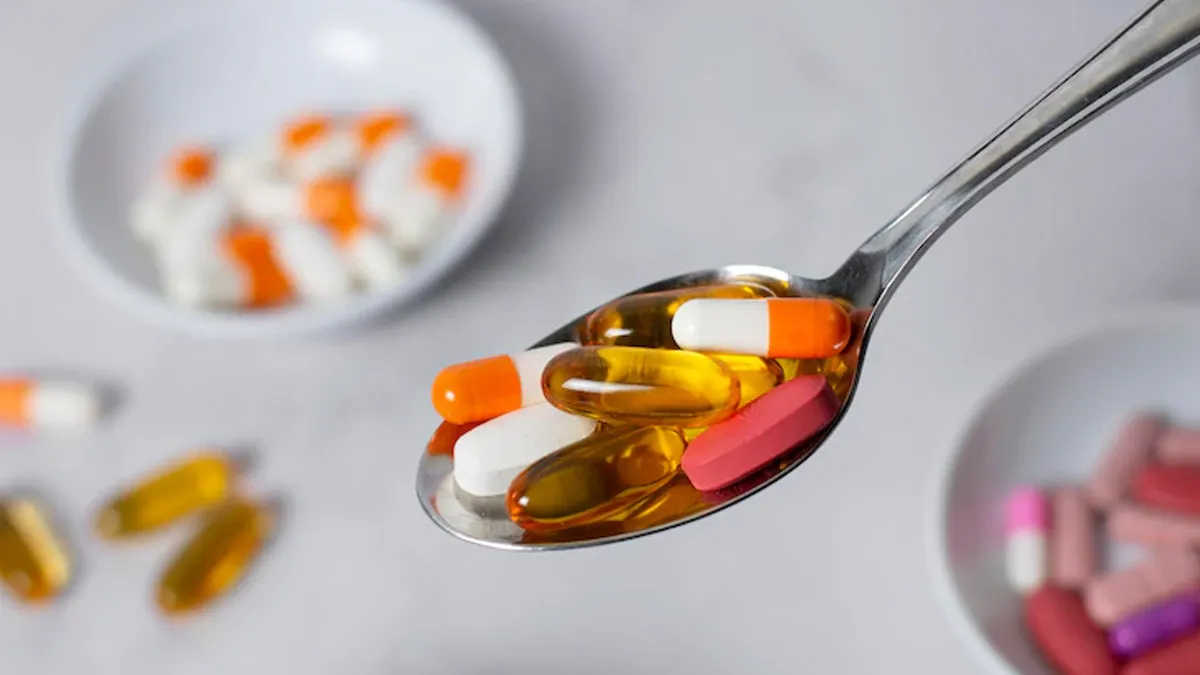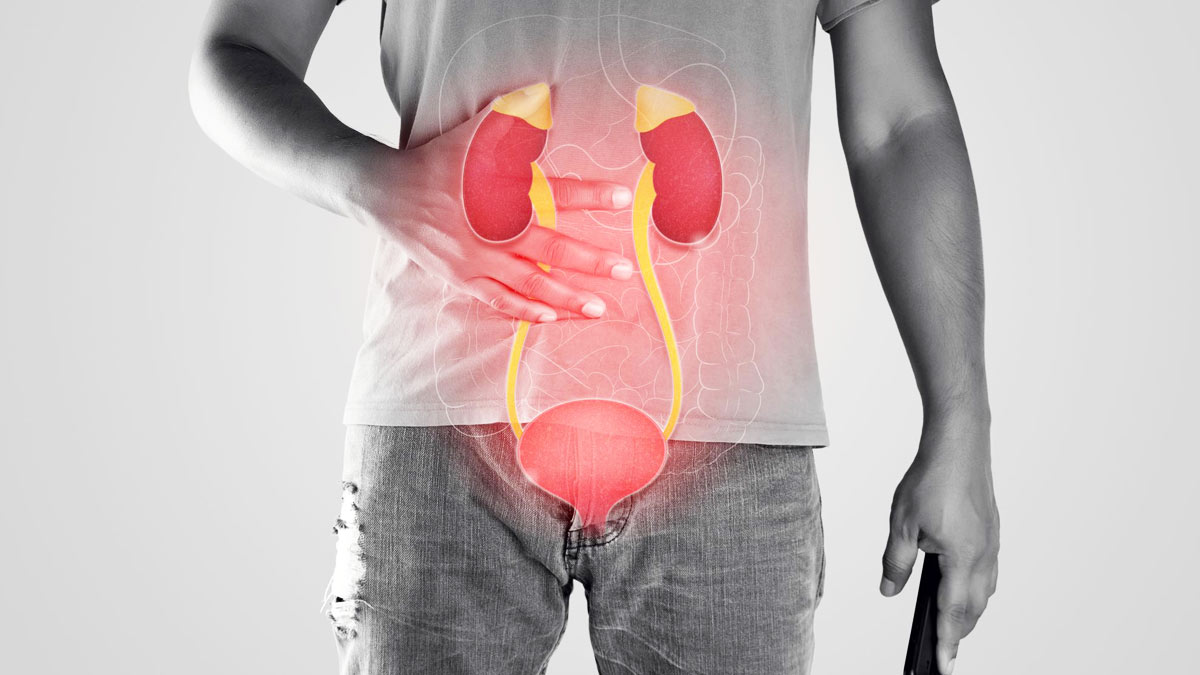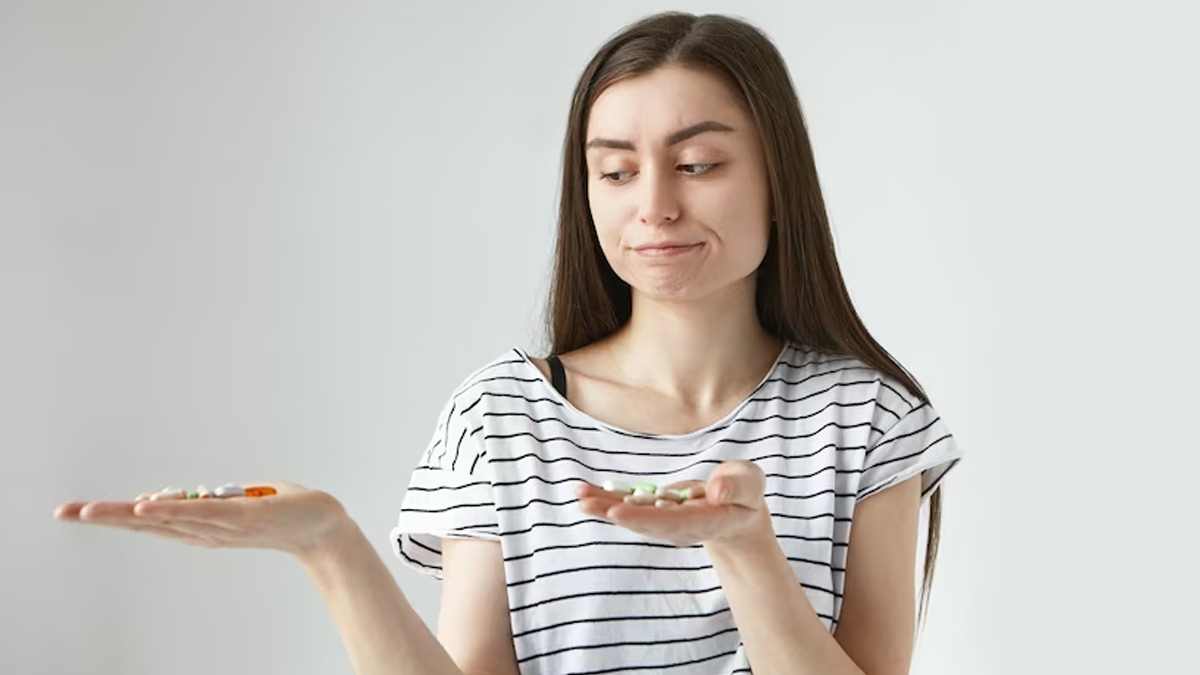
From multivitamins and protein powders to herbal supplements and detox pills, the market for supplements is thriving. People are popping pills every day, thinking they're supporting their health. But not many consider if supplements can affect or even damage your kidneys in any way. According to studies, yes, some can. Supplements have the potential to provide health benefits when used appropriately, but some can cause kidney damage with overuse or long-term use. To understand better and also make an informed decision we spoke to our expert, Dr Bhumesh Tyagi, Consultant- General Medicine and Physician, Shardacare, Health City, Noida, and here is what he shared with us.
Table of Content:-
How Supplements Can Harm Kidney Health
Your kidneys function like your body's filters, removing waste, regulating fluids, and keeping electrolyte levels in check. When you overload your body with too many extra nutrients or unidentified herbal substances, it puts undue stress on these important organs. This is how supplements can damage your kidneys:
1. Vitamin and Mineral Overdosing
- Taking high levels of certain vitamins and minerals, particularly vitamin D, vitamin C, calcium, and potassium, can damage the kidneys.
- Vitamin D excess can cause an accumulation of calcium (hypercalcemia), which is toxic to kidney tissues.
- Too much vitamin C increases the production of oxalate, which forms stones in the kidneys.
- Large doses of potassium supplements are harmful for individuals with kidney disease, since kidneys cannot excrete excessive potassium and may cause cardiac issues.
Also Read: Can Seasonal Changes Cause Fluctuations In Your Glucose Levels? We Asked An Expert

2. Protein Supplements and Kidney Strain
Most athletes depend extensively on protein powders. For the healthy population, moderate consumption is generally safe. But high protein consumption over the years can put additional workload on the kidneys, particularly in individuals who are at risk for kidney disease.
3. Herbal Supplements and Uncertain Danger
Herbal supplements aren't always as harmless as they sound. Certain herbs are nephrotoxic (toxic to kidneys).
- Aristolochia (used in certain weight loss and detox supplements) is also known to cause kidney failure and even cancer directly.
- Licorice root can lead to electrolyte disturbances that can damage kidney function.
- Traditional medicines of certain types can interact with drugs or aggravate kidney problems.
Who Should Be Extra Careful?
Some people need to be particularly careful when taking supplements:
- Individuals with CKD
- Those with a history of kidney stones
- People with high blood pressure or diabetes
- Elderly people, as kidneys naturally degenerate with age

Warning Signs That Your Kidneys Are In Trouble
Supplements will not typically cause sudden kidney symptoms. But be aware of:
- Unexplained tiredness
- Swelling in the ankles or hands
- Urination changes
- Repeated nausea
- Pain in the back near the kidney region
If you have these symptoms, see a doctor immediately.
How to Protect Your Kidneys While Using Supplements
If you decide to take supplements, keep these safety tips in mind:
- Talk to your doctor or registered dietitian before taking any new supplement, particularly if you have ongoing health conditions.
- Don't take mega-doses. More is not necessarily better. Use recommended daily levels unless told to do otherwise.
- Know your ingredients. Natural doesn't always equal safe.
- Drink enough water to help your kidneys clear out waste.
- Have routine health check-ups, including kidney function tests if you regularly take supplements.
Bottomline
Supplements can be helpful when used wisely, but they’re not risk-free. The kidneys, being silent workers, often suffer quietly until the damage is advanced. If you’re thinking about adding supplements to your routine, treat them with the same caution you’d give to medications.
Also watch this video
How we keep this article up to date:
We work with experts and keep a close eye on the latest in health and wellness. Whenever there is a new research or helpful information, we update our articles with accurate and useful advice.
Current Version